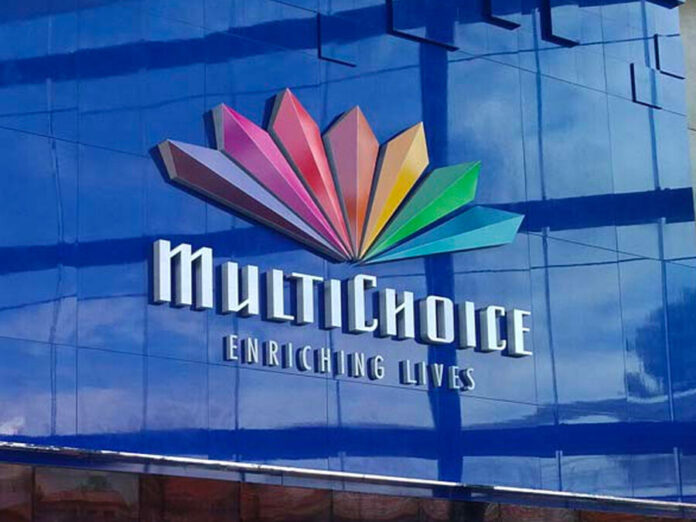Multichoice Nigeria, the company behind popular television services GOtv and DStv, is currently embroiled in a legal battle that could potentially change the way Nigerians pay for television services. A lawsuit filed by lawyer Maduabuchi O. Idam in Abuja’s Federal High Court is demanding that Multichoice adopt a pay-per-view model and allow customers to roll over unused subscriptions.

At the heart of the lawsuit is the argument that Multichoice’s current system is unfair, disconnecting customers when their subscriptions end regardless of how much they’ve actually watched. Additionally, the lawsuit accuses the company of raising prices without justification and failing to clearly explain billing rates to customers.
Multichoice is strongly opposing these demands, with senior executive Gozie Onumonu presenting several arguments to the court. He explained that satellite TV technology does not support true pay-per-view, as satellite decoders cannot send information back about viewing habits. This is in contrast to mobile phones, which can provide detailed information on usage.
Onumonu also cited pricing pressures, including Nigeria’s unstable exchange rate and high inflation, rising global TV programming costs, and recent increases in electricity tariffs. Furthermore, he pointed out that government bodies have previously investigated these issues and found no evidence of unfair pricing by Multichoice.
The company has also highlighted its positive impact on Nigeria’s entertainment industry, having invested over $500 million in developing local talent and production facilities.
This case is not the first time Multichoice has faced legal challenges in Nigeria. Earlier this year, the company emerged victorious when a different lawyer withdrew a case regarding price increases. Multichoice had raised its prices in May 2024, citing increased business costs, and claims that the changes were necessary to maintain service quality.
The outcome of this case will likely be closely watched by both consumers and the television industry across Nigeria, as it could significantly impact how Nigerians access and pay for television content in the future. While many customers hope for more flexible pricing options, Multichoice argues that technological and economic realities limit what it can offer. The court is scheduled to hear more arguments on this case on December 5, 2024.
This ongoing tension between Nigerian consumers and pay-TV providers underscores the need for adaptable and customer-centric pricing models. As the television landscape continues to evolve, it remains to be seen how Multichoice and other providers will respond to changing consumer demands and technological advancements.




